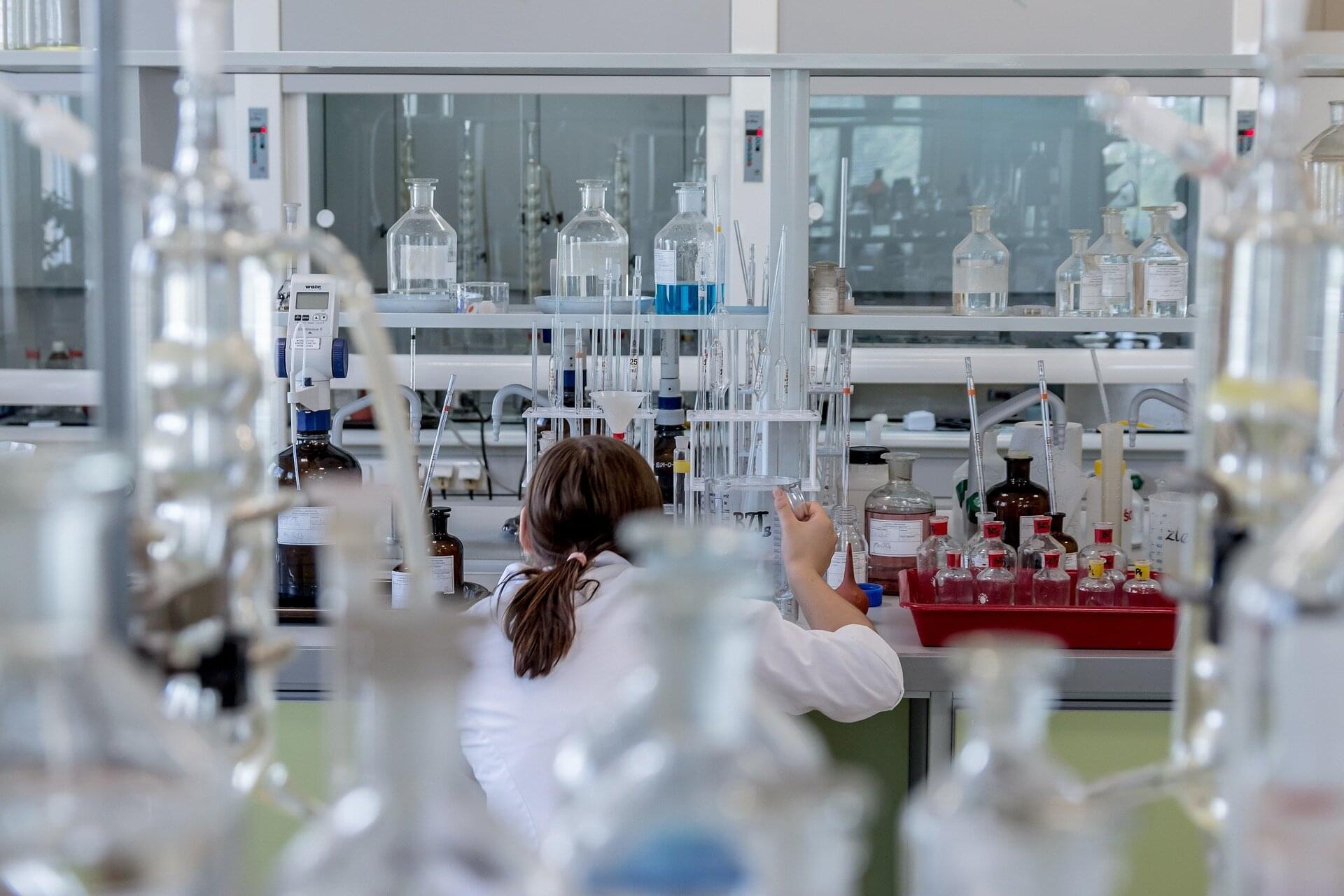Scientists have discovered a potentially greener way to produce a crucial industrial chemical used to make many everyday products, from plastics and textiles to antifreeze and disinfectants, according to a study published in Science and co-authored by Tulane University chemical engineer Matthew Montemore.
The breakthrough could significantly reduce greenhouse gas emissions from the manufacture of ethylene oxide, which has an estimated $40 billion global market. The current production process requires chlorine, which is toxic and emits millions of tons of carbon dioxide into the atmosphere annually.
The research team, led by Montemore, as well as Tufts University chemistry professor Charles Sykes and University of California Santa Barbara (UCSB) chemical engineering professor Phillip Christopher, found that adding small amounts of nickel atoms to silver catalysts can maintain production efficiency while eliminating the need for chlorine in the process.
